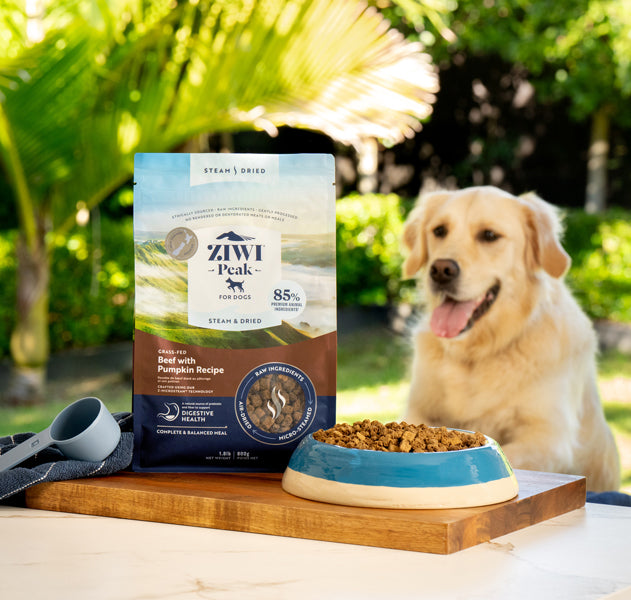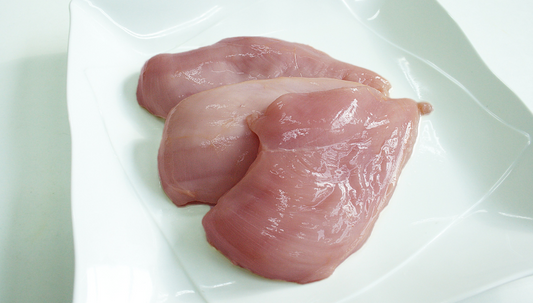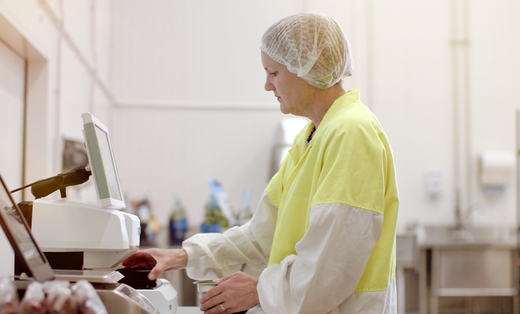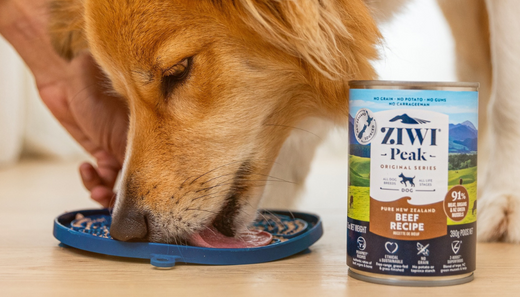 Written by Samantha Randall, Editor-in-Chief - Top Dog Tips
Written by Samantha Randall, Editor-in-Chief - Top Dog Tips
Many common household substances can be seriously harmful for animals. Here are some of the most dangerous household toxins that you might need to consider.
Human medication
Treating an animal with human medication (like painkillers, or even herbal meds and other supplements), can be fatal. Be sure to keep your medication out of reach, and pick up any pills you accidentally drop.
Pet medication
Dosage is key. If your pet gets into the medicine cabinet and consumes larger than normal quantities of their own medication, they could get poisoned and even die. According to AVMA, the most common types of medication that are to blame are dewormers and painkillers.
Chocolate and coffee
Chocolate, coffee, and caffeinated drinks such as tea and sodas are common to have around the house, but they all contain substances called methylxanthines. These substances can cause vomiting, diarrhea, dehydration, abnormal heart beats, and even death in canines, depending on the amount your dog has ingested.
Artificial sweeteners
Artificial sweeteners, most notably xylitol, can cause liver failure. It’s known that some companies have been adding xylitol into peanut butter, and since PB is one of the most popular treats among dogs, be careful and always read the ingredients label. Xylitol can also be found in some brands of human toothpaste.
House plants
Toxicity of house plants is not something many people think about, but animals – especially dogs – often chew them. If you already have plenty of house plants in your home, or are considering getting a new one, but are unsure about its status, check out this list on the ASPCA website.
Alcoholic beverages
Your pet has a much lower alcohol tolerance than you do, and even very small amounts can cause alcohol poisoning in both dogs and cats. When given to pets, alcoholic beverages can cause difficulty breathing, tremors, kidney and liver damage, high blood acidity and eventually death.
Some fruits and veggies
There are many fruits and vegetables that are healthy to dogs, and even advisable to include in their diet, according to research. Some others, however, must be avoided at all costs. Grapes (and their dried counterpart – raisins) can cause grape toxicity and renal failure, for example.
Macadamia nuts (a common ingredient in cookies) can cause an abnormally elevated temperature and weakness. Other nuts should be avoided as well – they have been known to cause pancreatitis – an inflammation of the pancreas.
Onions, leeks and chives should also be avoided, as these vegetables can cause the destruction of red blood cells in your pet’s body.
Food containers
Some dog water bowls and food containers that contain Bisphenol A (BPA) could be harmful if ingested by dogs. According to the National Institute of Environmental Health Services, BPA can disrupt hormones in human's and may be linked to heart disease, diabetes and infertility, and just as harmful for pets.
Plastic pet bowls and pet food bowls in general have also been found to be one of the dirtiest items in pet owners’ homes, often covered in bacteria, which can result in a sick dog.
Household chemicals
Household chemicals, such as cleaning solutions, antifreeze, and fertilizers are one of the leading causes of poisoning in pets. Fertilizers contain a poisonous mix of nitrogen and phosphorus. Always read the label on all these products and keep them out of reach, preferably somewhere higher up or in a locked cabinet.
Insect and rodent poisons
This, unfortunately, includes even tick and flea products when not properly handled. Rodent poison is particularly dangerous because it commonly contains phosphorus and anticoagulants, which can lead to death.
If you suspect that your pet has been poisoned, act quickly. You should keep the contact information for the Pet Poison Helpline readily available, and call your vet’s emergency line immediately.
For more Top Dog Tips check out their website








